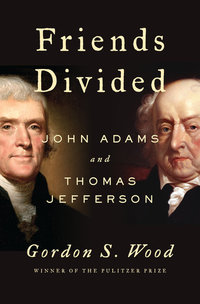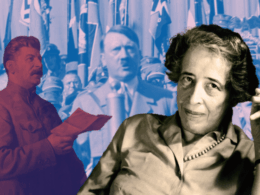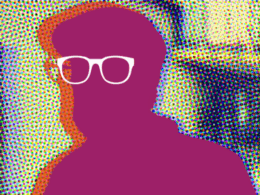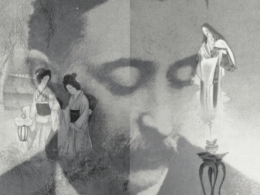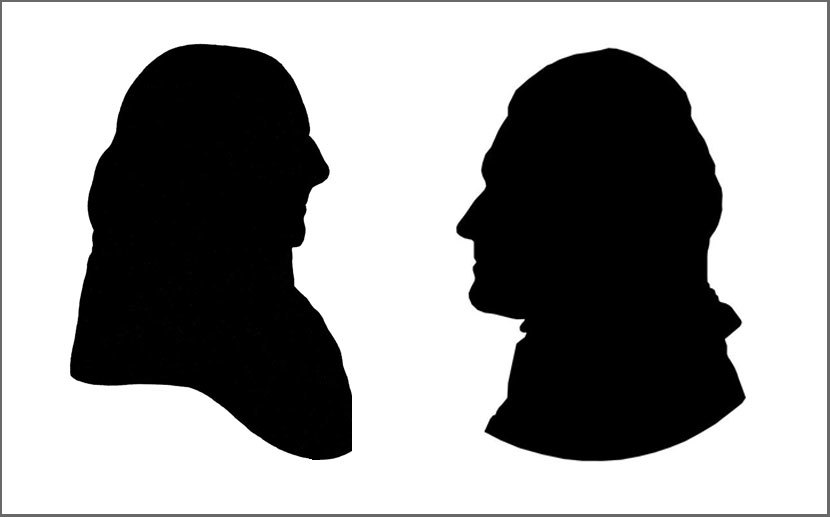
As delegates to the Continental Congress in 1775, John Adams and Thomas Jefferson forged a remarkable bond that would last—in fits and starts—for more than fifty years. But, as the Pulitzer Prize–winning and New York Times–bestselling historian Gordon S. Wood writes in his latest book, Friends Divided: John Adams and Thomas Jefferson (Penguin Press), their shared commitment to the American Revolution came despite that fact that “they remained divided in almost every fundamental way: in temperament, in their ideas of government, in their assumptions about human nature, in their notions of society, in their attitude toward religion, in their conception of America, indeed, in every single thing that mattered.”
Friends Divided shows how the two men nonetheless partnered in the movement for independence and in the nation’s earliest diplomatic efforts, how they eventually became bitter rivals in the presidential politics of the new republic, and finally how they reconciled in retirement, an object lesson in the elasticity of the American political system. Biographer Ron Chernow calls Wood’s new book, which goes on sale this week, “nothing less than a vivid composite portrait of the American mind.”
Gordon S. Wood is Alva O. Way Professor of History Emeritus at Brown University and the author of The Radicalism of the American Revolution and Empire of Liberty: A History of the Early Republic, 1789‒1815. For Library of America he has edited a three-volume edition of John Adams’s writings and the two-volume collection The American Revolution: Writings from the Pamphlet Debate 1764–1776. He took time out of his schedule this week to answer a few questions for us:
LOA: What drew you to focus on the relationship between Adams and Jefferson?
Wood: I initially intended to focus only on Adams, in part because I had immersed myself in his writings while preparing the Library of America edition, but my editor at Penguin suggested comparing him with Jefferson and the notion fascinated me. In the end, I learned more about both men by pitting them against each other.
LOA: How would you describe their style as writers? Are their styles a key to their characters?
Wood: Jefferson was by far the better, more lucid writer, especially in composing public documents. But for pungent and colorful prose in letters Adams is in a league by himself. He was unable, however, to carry that skill over in his public writings, which are turgid and heavy. With Jefferson, even in letters, one is aware that a private self is being shielded by a public persona. But with Adams, in part because of his rich inheritance from the puritans, those great scientists of the self, the inner and outer man, the passion and the intellect, are always in visible tension.
LOA: John Quincy Adams once observed that Thomas Jefferson “tells large stories.” Benjamin Franklin famously pronounced John Adams “sometimes on some things absolutely out of his mind.” Did you find, reading through their papers for this project, either to be a less reliable source than the other?
Wood: I think both John Quincy and Franklin hit upon a truth about both men. Jefferson could embellish the truth and avoid stubborn facts, and Adams on occasion could let his vanity and insecurity get the better of him. Neither man was entirely accurate in assessing the reality about them; but while both allowed their presuppositions to affect their judgment, Jefferson did so much more than Adams. Jefferson was very much an ideologue and could be very unreliable in judging what was happening. He was in France during the early stages of the French Revolution and had almost no understanding of the momentousness of the events taking place around him. In the end he blamed the Queen, Marie Antoinette, for the French Revolution, a surprisingly superficial conclusion for someone with so penetrating a mind as Jefferson.
LOA: Americans have been fixated on the idea of exceptionalism for much our history, an inescapable legacy of our revolutionary birth. Adams and Jefferson, as you make clear in Friends Divided, came down on very different sides on this question? What does this division say about the nature of the American Revolution?
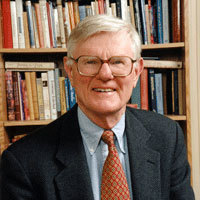
Wood: Despite his deep roots in puritan New England, John Adams rejected the idea that America would be the beneficiary of some benign Providence, some special destiny that would favor its experiment in self-government. Having spent much of the American Revolution in Europe, raising funds and reading deeply in ancient and modern history, Adams concluded that the United States was subject to the same forces of corruption and decay that afflicted the rest of the world. American society was, and would be, just as unequal as any other, and even universal public education could not hold back the iron law of oligarchy.
By contrast, Jefferson was an inveterate optimist who thought that America was “a chosen country” and “the world’s best hope.” Indeed, he essentially invented the idea of American exceptionalism. He was a true believer who thought the American example of republicanism would eventually be emulated by peoples everywhere in the world. The difference between him and Adams on American exceptionalism reflects the combination of idealism and realism that ran through the American Revolution and has kept Americans from running completely amuck ever since.
LOA: The reconciliation of Adams and Jefferson in 1812, and their subsequent years of correspondence, is one of the more remarkable rapprochements in American history. Does the arc of their friendship give you hope for our own very divisive times?
Wood: We can hope that if two such former friends and political enemies could reconcile then maybe our partisan hostilities can be moderated. But it will probably take a crisis coming from the outside to bring us together, at least in the immediate future.
